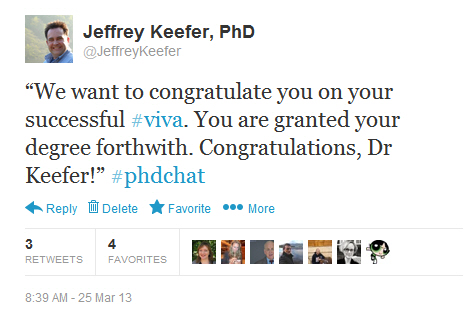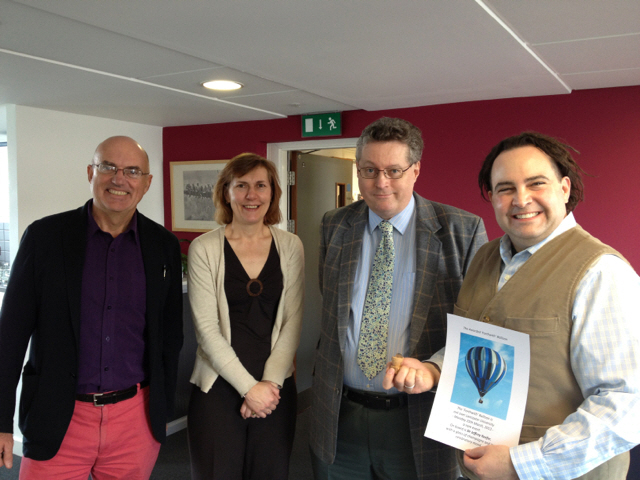So, here is my current thinking about my final empirical research project in my doctoral program at
Lancaster (I work on a literature review in the Fall and then begin the draft proposal for my doctoral thesis). I have already gotten some internal feedback on this, and am now interested in getting some thoughts from my most educated and helpful colleagues (yes, you, dear reader!). Once again, I will have a very short timeline of 4 weeks for this, so will formalize this in the next day or two, and begin seeking potential people to interview beginning this Wednesday.
Research Problem
While programs in doctoral higher education (HE) increasingly moving online and are being supported via distance delivery, it seems important that faculty members support these learners and attend to the changing pedagogical landscape of increasing technology with decreasing face-to-face class time. Mindful of the work of Meyer and Land (2008), it seems the more we can understand where threshold concepts exist, the more doctoral faculty can help their distance students through the doctoral research process while these learners develop as new researchers.
Purpose
The purpose of this research is to better understand the experiences of faculty members who work with doctoral students via distance or technology-enhanced learning who have identified threshold concepts, or trouble spots / breakthrough areas, for their students and who have found success with helping these learners through this troublesome knowledge.
Research Question
What can we learn about how faculty support their doctoral students, studying from a distance, through areas of disciplinary challenge or threshold concepts?
Methodology and Method
I am hoping to identify and interview 3 social science doctoral faculty members who work with students using TEL or Network Learning methods. I will reach out to my TEL / NL / Qualitative Research networks to inquire for interest. l will conduct and record Skype or phone interviews, and will then engage in grounded theory (cf. Kathy Charmaz) to develop a theory to explain this phenomenon. I will not expect my interviewees to know the terminology around “threshold concepts,” so I will have to define them as being “areas of discipinary trouble, places where students have breakthroughs and then understand their work and research in a new way.”
These are the open-ended, semi-structured interview questions I am considering beginning the conversations with:
- Tell me about your experiences identifying disciplinary areas that your doctoral students often struggle with as they pursue their studies from a distance.
- How have you helped your doctoral students through these areas?
- What did you learn about your students, your discipline, or your role as a doctoral tutor / mentor as a result of these experiences?
Any thoughts at this point are very appreciated.


 I want to share that Thursday morning, January 10, 2013, was the day that I submitted my doctoral thesis. More years in the making than it may seem by
I want to share that Thursday morning, January 10, 2013, was the day that I submitted my doctoral thesis. More years in the making than it may seem by 